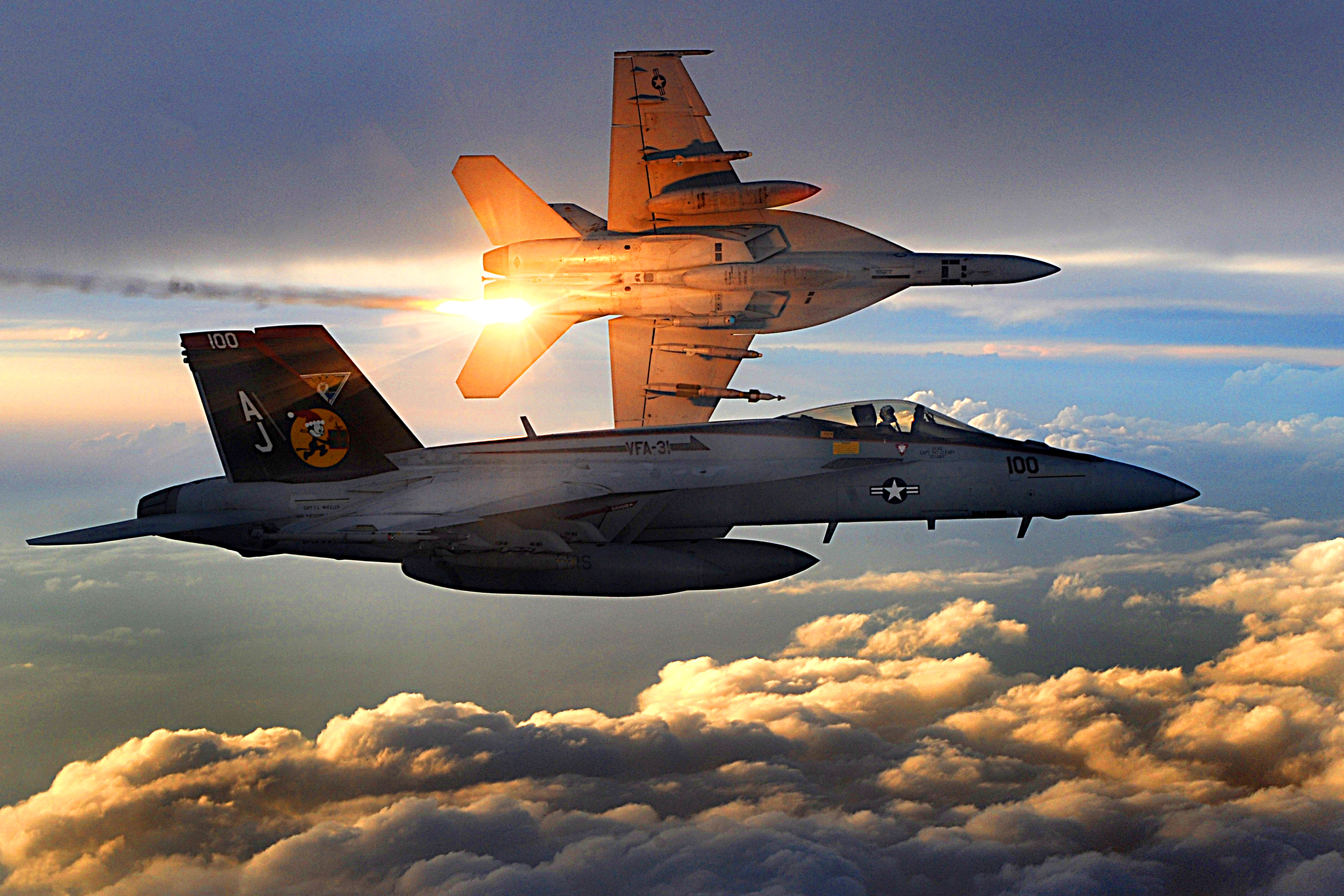As a potential naval flight officer and potential civilian aviator after the military, there are several organizations that have the potential of increasing my knowledge of aviation and the Navy. A few of these organizations are Experimental Aircraft Association (EAA), Aircraft Owners and Pilots Association (AOPA), Navy Times, and the U.S. Naval Institute. Currently, I am only a member of the U.S. Naval Institute and will discuss why it is beneficial for me, but I will also touch on AOPA and discuss why it may be beneficial to me to join. Who knows, maybe by the end of this, and with your comments, I will join AOPA.
According to The U.S. Naval Institute's mission statement, it was created to provide information to those who wished to expand their professionalism and scientific understanding of sea power and other national defense issues. With a membership in this organization, a member receives a magazine subscription to "Proceedings", conferences with other members in the organization and opportunities to meet with prior/current military members of distinguished honor. This organization is a benefit to me because it continues to update me with events happening in my service branch and allows me to access several articles, books, and other media networks through their website to increase my knowledge in my field of work. I am proud to be a member.
According to AOPA's mission statement, it was created to protect general aviation. This organization represents, educates, and secures success of general aviation pilots, which sounds pretty important to me. I used to be a member of AOPA a few years ago, but I realized I never read the magazines and almost never used their website, so I thought "why am I a member?" However, after recently looking through their website, I've noticed there is a lot of information I could have used, but never did. There are tons and tons of documents, quizzes, seminars, etc that are open to members of AOPA. All of which would significantly increase my knowledge in aviation and, more specifically, safety in aviation. As a potential member, this organization can benefit me through several avenues, such as:
- Pilot insurance
- Seminars for safety, landings, ifr, etc.
- Easily accessible UPDATED information (regulations, runway environments, etc)
- Discounts are services and products
- Flight planning aids
All of these benefits, plus a magazine subscription to AOPA Pilot, are only $45/year. Personally, I think I just convinced myself to rejoin AOPA. I hope I also sparked the desire in you as well!
